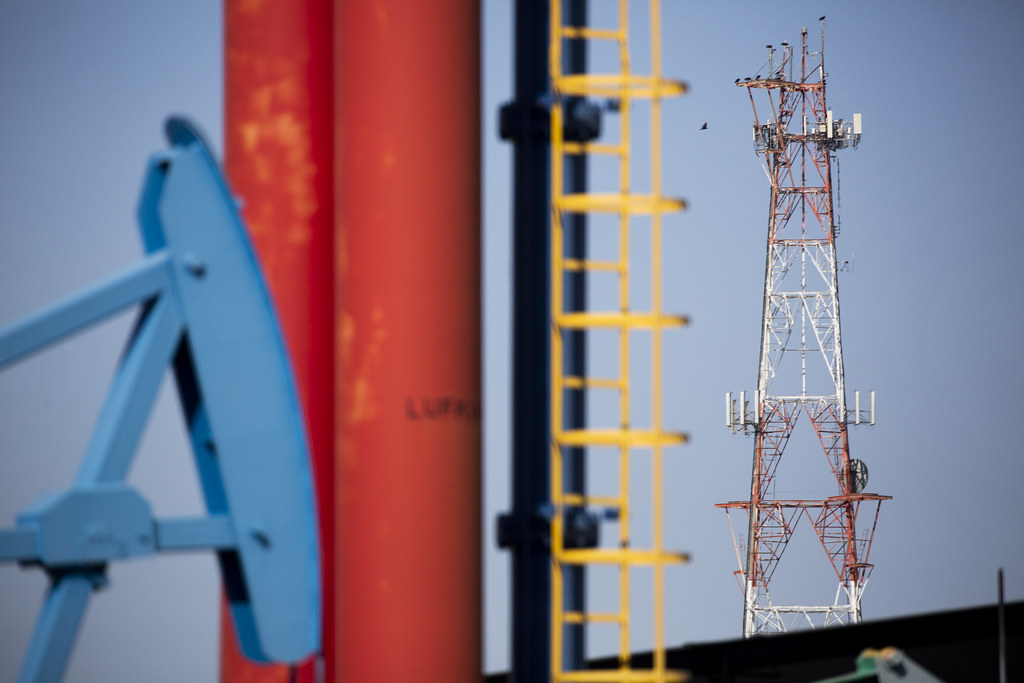The Permian Basin in West Texas and eastern New Mexico is one of the world’s most prolific oil and gas fields. It’s also critical to the state economy and biennial budget, which is largely funded by taxes on oil and gas.
Anything to slow down production is likely to be viewed dubiously by state leaders, especially when the federal government is involved. That’s why a big fight may be brewing between Austin and Washington over new regulations by the Environmental Protection Agency.
The EPA is currently mulling whether to declare certain Permian Basin counties in violation of federal ozone standards. James Osborne, who covers energy and politics for the Houston Chronicle, spoke with the Texas Standard about the potential showdown between Texas and the Feds.
This transcript has been edited lightly for clarity:
Texas Standard: Let’s talk a little bit about what this proposal is. Is it really a new regulation, or is it some kind of declaration for large parts of West Texas?
James Osborne: Yeah, it’s not quite there yet. The EPA simply has said, we’re looking at these counties in West Texas and eastern New Mexico. It’s been out of sync with the national air pollution standards, specifically around ozone. Ozone forms in any number of ways – but basically, when pollution is exposed to sunlight, it creates ozone on the ground, and that’s a public health problem.
So, what does this mean as a practical matter for oil production if there is some kind of declaration that ozone levels are out of line with where the federal government says they should be?
I mean, we don’t really know exactly. We do know that other oil- and gas-producing regions, like in Colorado and Wyoming, are already declared non-attainment areas and have been for some time, and they seem to operate quite well. A lot of Texas oil and gas companies operate in those areas.
It does mean tighter standards. They’re going to have to do more work to make sure that there’s specifically no methane leaking into the atmosphere, which has been a bit of a rising issue in this industry for some time. So, they’ll have to do more work to get the oil and gas out of the ground. The sort of question is, what impact does that have? And, we don’t really know yet, though the oil and gas industry is certainly making the case that it’s going to have a negative impact and drive down production.
Last year, Gov. Greg Abbott ordered state agencies to do anything possible to protect the state’s oil and gas industry from the Biden administration’s climate policies. But at the same time, the Biden administration is also trying to get Texas’ energy industry to ratchet up production. How do you square these new regulations?
The Biden administration is caught between these dueling purposes right now. They are obviously very concerned about rising gas prices this year. A lot of that is driven by the war in Ukraine, the end of COVID. But at the same time, production did fall off during the pandemic, and it hasn’t quite come back yet. And that is driving up these high prices.
At the same time, they have climate change to deal with. And they’re setting the goal of getting the nation to net zero emissions, which means you plant trees and other things, but you really reduce emissions to a very low level. And whatever you do emit would be offset by tree planting and other projects to get to net zero. So, they have these two dual missions right now, and they are struggling to figure out the path. And there is no easy path on this.
Do you see Texas and Washington coming to loggerheads over this? Where is this headed as you see it?
I mean, as you know, Texas is not shy about suing the federal government, and I can’t imagine this case will be any different. Greg Abbott has already written a letter to President Biden saying he’ll do whatever is necessary to stop the EPA from moving ahead on this. So, they’re expecting a regulation to come out either later this year or next. And I imagine after that comes out, Texas will litigate pretty promptly.















